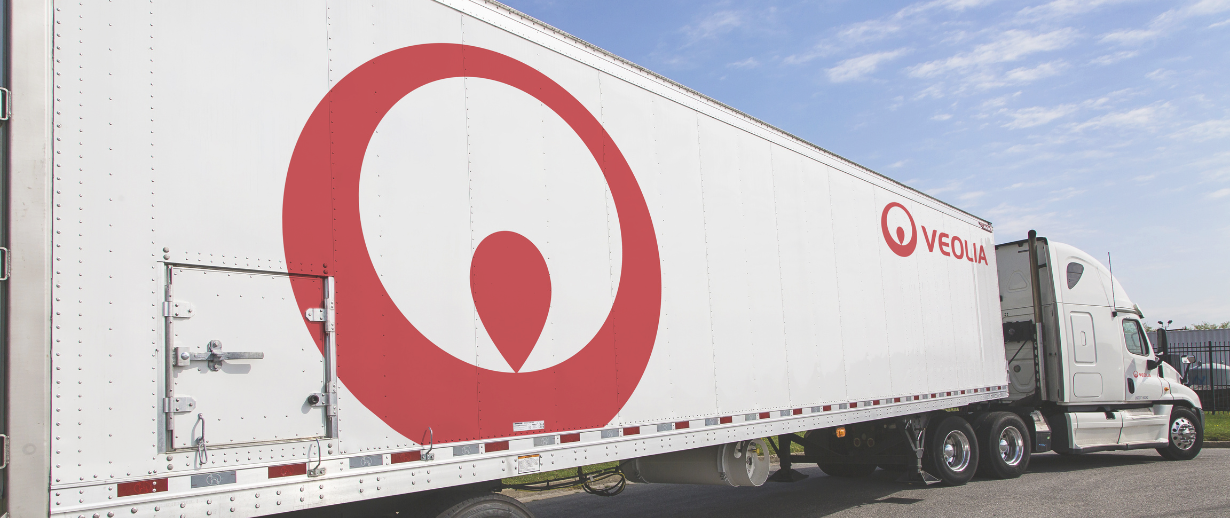Water quality management is a critical yet often overlooked aspect of biomass plant operations. Achieving and maintaining a uniform quality of feed water is essential for maximising plant efficiency, reducing maintenance costs, and preventing costly system downtime. With the growing adoption of biomass energy solutions worldwide, understanding how to implement effective water treatment strategies has never been more important. In this comprehensive guide, we explore proven methods and cutting-edge technologies that help biomass plant operators achieve a consistent supply of high-quality water in a cost-effective way.
What is Biomass?
Biomass is organic material derived from plants and animals that can be used as a renewable energy source. It includes materials such as wood chips, agricultural waste, and organic byproducts. When burned or processed, these materials release energy that can be converted into electricity or heat, making biomass a sustainable alternative to fossil fuels.
Biomass plants are becoming an increasingly integral part of modern society. They play a formative role in the creation of circular economies and provide commercial opportunities for owners and operators. The process, which converts wood chippings and agricultural waste into green energy, can help companies and governments as they look to offset carbon emissions. This helps to provide a proven, cost-effective and environmentally friendly means for meeting future energy needs. However, to get the most from these plants, it is essential that the system’s feed water is kept at a consistent high quality.
The Importance of Water Quality in Biomass Plants
Biomass systems are heavily dependent on a constant supply of high-quality water for efficient operation and longevity. The relationship between water quality and system performance is crucial, as even minor contamination can lead to significant issues. Poor quality water, particularly with medium to high levels of silica contamination, can lead to the formation of glass pellets within the turbine system. These deposits not only reduce operational efficiency but can also cause severe mechanical problems.
Common Water Quality Issues in Biomass Plants
When silica builds up within the system, it can:
- Throw the turbine dangerously off balance
- Lead to decreased system performance and efficiency
- Increase maintenance costs and downtime
- Reduce the overall lifespan of equipment
- Impact the plant's power generation capacity
This is why implementing proper water treatment solutions is essential for maintaining optimal biomass plant operations and preventing costly repairs or system failures.
Advanced Water Treatment Solutions
Skid-Mounted Pre-treatment Systems
A common solution for this type of project is the use of a skid-mounted water pre-treatment system that incorporates a softener, a carbon filter and a reverse osmosis (RO) unit. In practice, these machines help to remove over 99 percent of impurities from the feed water. Additionally, the inclusion of a continuous electro-deionisation (CEDI) helps bring the water to the required specification. As a result, systems working with high-quality process water operate at a more efficient level.
Benefits of Modern Technologies
Furthermore, using RO-CEDI technology means operators can avoid the hazardous substances used by older ion exchange deionisation systems. All in all, the system is better from a health and safety perspective and can help reduce ongoing operational costs by reducing the need to procure, store and handle the hazardous regenerant chemicals.
Implementation and Mobility Benefits

Utilising a skid-mounted system also helps organisations that have to manage multiple contractors, as the time it takes to install a water purification system needs to be kept to a minimum. Unlike alternative systems, skid-mounted systems can be pre-tested and commissioned in just a few days rather than weeks, before being delivered to the site. As an example, our innovative systems can also be condensed to a mobile site, which comprises deionisation and RO units installed in a trailer. The mobile units can be transported to the site and used to flush the newly installed biomass system prior to its initial operation, ensuring that the drum and pipework are kept clean.
Effective renewable energy solutions heavily depend on achieving a consistent supply of high-quality water. The systems are helping clients to develop fuel from organic and sustainable materials. Without the proper filtration systems and RO processes, feed water can begin to form silica crystals, which affect the efficacy of the process. Instead, clients should look to install a system specified to attain the greatest levels of water purification.
To find out more about our water treatment solutions, click here.